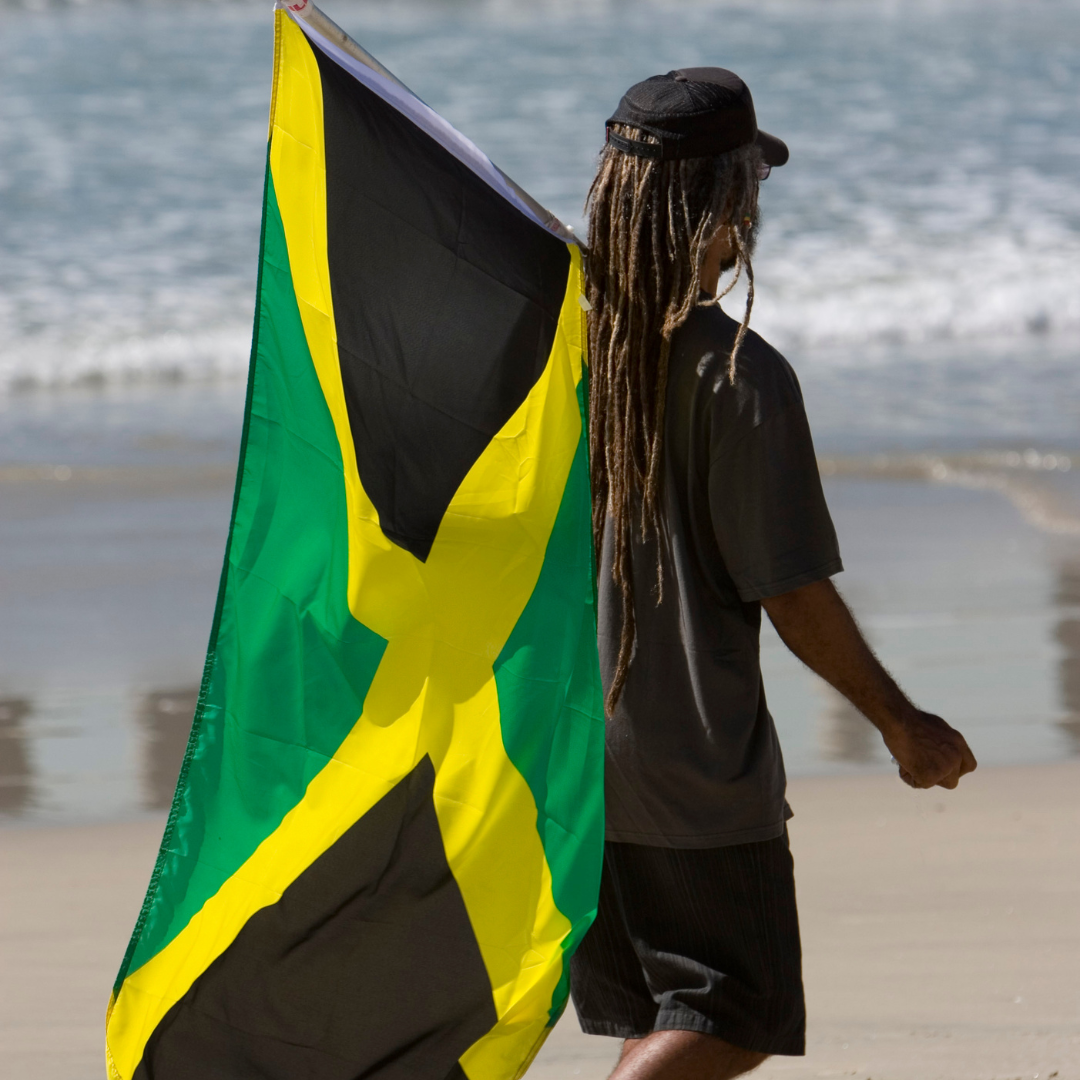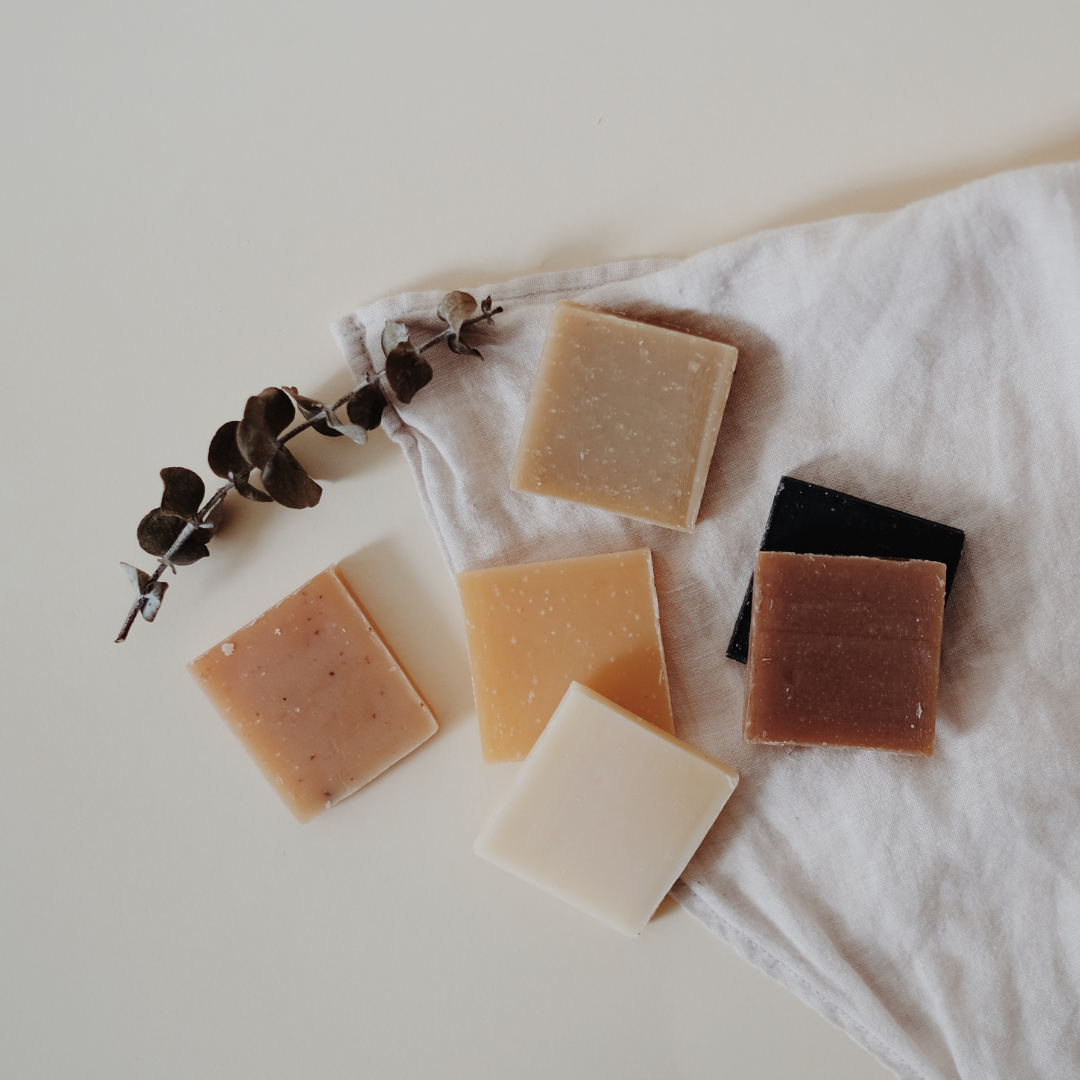
Celebrating Jamaican Emancipation Day: A Journey of Freedom and Resilience
Introduction: A Historic Milestone
On August 1st, Jamaica comes alive with vibrant celebrations and a profound sense of pride as the nation commemorates Emancipation Day. This historic occasion marks the abolition of slavery in the British colonies, including Jamaica, in 1834. It is a time to reflect on the nation's journey to freedom, honor the resilience of the ancestors, and celebrate the vibrant culture that emerged from a history of struggle.
The Road to Freedom: A Triumph Over Adversity
🏴☠️ For centuries, the dark cloud of slavery loomed over Jamaica, as the island became a hub of the transatlantic slave trade. The arrival of enslaved Africans brought untold suffering and exploitation, as they were forced to toil on sugar, coffee, and banana plantations. Yet, amidst the despair, the seeds of resistance and liberation were sown.
💡The Baptist War
In 1831, a major uprising known as the Baptist War (or Christmas Rebellion) erupted, led by Baptist deacon Samuel Sharpe. This courageous act of defiance played a pivotal role in paving the way for emancipation, as the British Parliament recognized the urgency to end slavery.
💡 Full Emancipation
Although the Emancipation Act was passed in 1833, slavery officially ended in Jamaica on August 1, 1834, when over 300,000 enslaved individuals finally tasted the sweet fruit of freedom.
Honoring the Ancestors: A Day of Reflection
🕯️ Emancipation Day is a time of deep reflection and reverence for the ancestors who endured immense suffering and fought for their dignity and rights. Commemorative ceremonies, church services, and cultural events pay homage to the indomitable spirit of those who made the ultimate sacrifice for future generations.
💃 The Abeng
The Abeng, a traditional Jamaican horn, played a significant role during the period of slavery. It was used as a means of communication among the enslaved, signaling rebellion plans and warnings of impending dangers.
Cultural Expressions: The Heartbeat of Jamaica
🎉 Emancipation Day celebrations are an explosion of cultural expressions, showcasing the rich diversity of Jamaican heritage. From vibrant parades to spirited dance performances, the island comes alive with the rhythms of reggae, mento, and dancehall music.
🎭 Jonkonnu Parade
The Jonkonnu Parade, a traditional Afro-Jamaican masquerade, is a colorful and lively spectacle that reflects the fusion of African and European influences in Jamaican culture.
Passing the Torch: Embracing Freedom's Legacy
👨👩👧👦 As the nation rejoices in the legacy of emancipation, it also acknowledges the responsibility to carry forward the principles of freedom, equality, and social justice. Today, Jamaica stands tall as a beacon of resilience, a testament to the power of unity and the pursuit of a brighter future.
🌟National Heroes
Jamaica's National Heroes, like Nanny of the Maroons, Marcus Garvey, and Paul Bogle, symbolize the courage and determination of the people, and their contributions are celebrated during Emancipation Day.
Conclusion: Emancipation in the Heart
Emancipation Day in Jamaica is not just a commemoration; it is an embodiment of the nation's spirit, a celebration of freedom's triumph over oppression, and a reminder that the journey towards equality and progress is ongoing.
As we mark this auspicious occasion, let us unite in honoring the past, celebrating the present, and forging a future where the flame of freedom burns brightly for generations to come.

